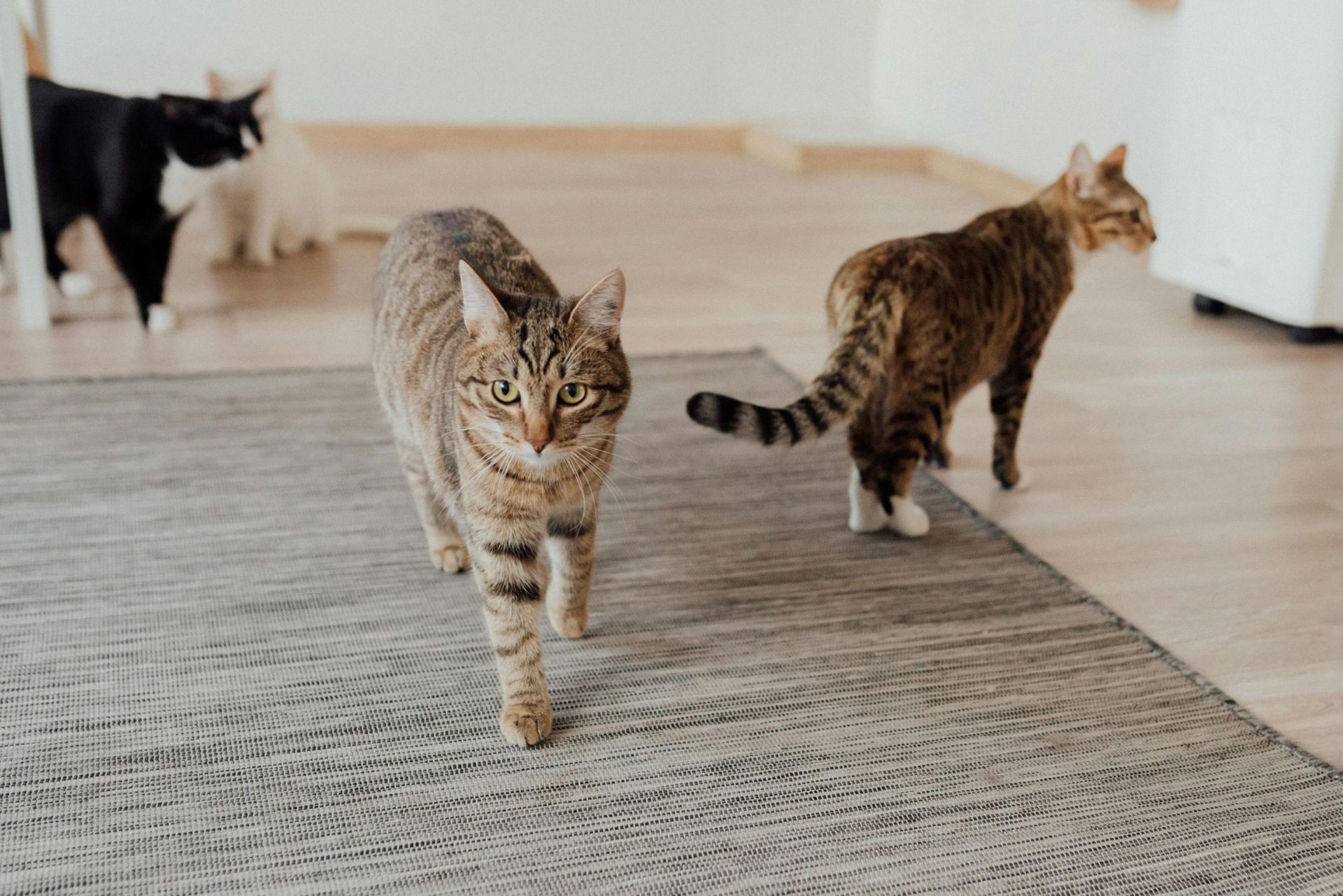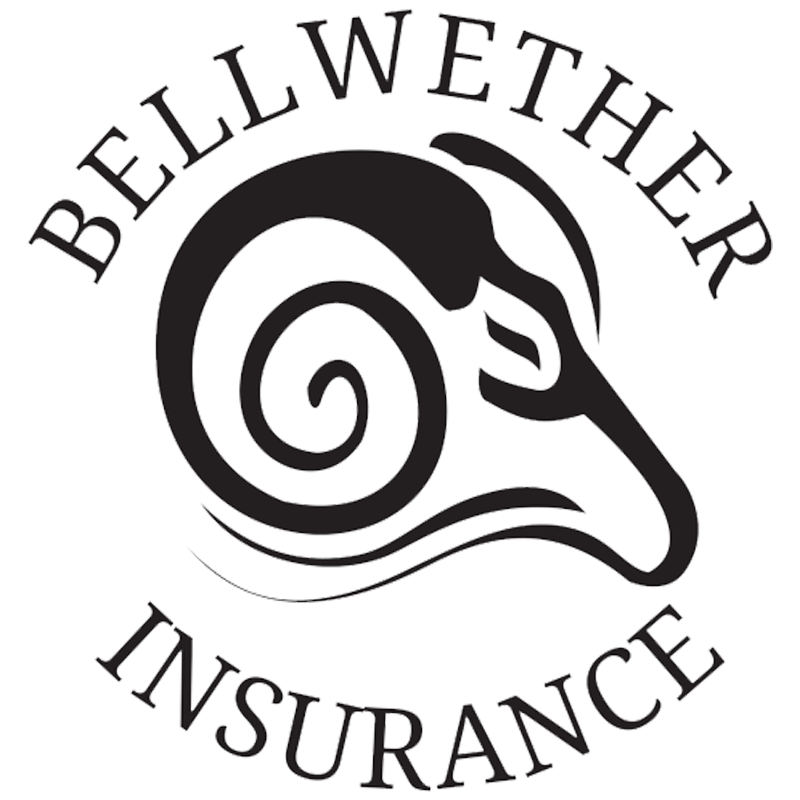Ohio Pet Boarding Business Insurance

Index
Understanding Pet Boarding Business Insurance
Insurance Requirements for Ohio Pet Boarding Businesses
Types of Coverage for Pet Boarding Businesses
Cost Factors for Pet Boarding Insurance in Ohio
Choosing the Right Insurance Provider
Managing Risks in Your Pet Boarding Business
Filing a Claim: What to Expect
Contact Us
Phone
216-600-2828
Location
100 N. Center Street PO Box 627 LaGrange, OH 44050
Operating a pet boarding business in Ohio comes with various responsibilities, including ensuring the safety and well-being of the animals in your care. One of the most crucial aspects of running a successful boarding facility is obtaining the right insurance. This guide will walk you through the essentials of Ohio pet boarding business insurance so that you can protect your business and the furry clients you serve.
Understanding Pet Boarding Business Insurance
Pet boarding business insurance is specifically designed to protect businesses that care for animals. This type of insurance encompasses a range of coverage options that safeguard against potential risks and liabilities that arise from daily operations.
Importance of Pet Boarding Insurance
Pet boarding insurance is vital for several reasons. Firstly, it provides financial protection in the event of accidents, property damage, or lawsuits. Without adequate insurance, a single incident could result in significant financial losses that threaten the viability of your business.
Moreover, clients are more likely to entrust their beloved pets to a business that demonstrates a commitment to safety and security through insurance. This can enhance your reputation, leading to increased customer trust and business referrals. In an industry where pet owners are often anxious about leaving their furry friends in someone else's care, having robust insurance coverage can serve as a reassurance that their pets are in safe hands. This peace of mind can be a decisive factor for pet owners when choosing a boarding facility.
Key Components of a Pet Boarding Insurance Policy
A comprehensive pet boarding insurance policy typically includes several key components such as general liability coverage, property insurance, and, depending on your operations, additional coverage options. Each of these components protects against specific risks that pet boarding businesses face daily.
General liability coverage, for instance, protects against claims of bodily injury or property damage that may occur on your premises. Property insurance covers damage to your facility and its contents, which is crucial in the event of unforeseen incidents like fire or theft. Additionally, many policies offer specialized coverage for pet injuries or illnesses that may occur while in your care, ensuring that you can manage any veterinary costs without financial strain. It's important to review your policy details and ensure that all necessary components are included to provide the highest level of protection for your business. Consulting with an insurance expert familiar with the pet care industry can also help you tailor your coverage to meet the specific needs and risks associated with your operations.

Insurance Requirements for Ohio Pet Boarding Businesses
Ohio has specific insurance requirements tailored to pet boarding businesses. Compliance with these regulations is essential to operate legally and effectively.
State-Specific Insurance Regulations
In Ohio, pet boarding facilities are generally required to have a minimum amount of liability insurance. It's essential to familiarize yourself with state regulations to ensure that your business meets these minimum standards. This typically includes liability coverage to handle incidents involving injuries or damages to third parties, which can include pet owners or visitors. Additionally, many facilities opt for coverage that extends to property damage, which can protect against unforeseen circumstances such as fire, theft, or natural disasters that could impact the premises or the animals in their care.
Moreover, some pet boarding businesses may choose to invest in specialized insurance products, such as animal care liability insurance. This type of policy can provide coverage for incidents that occur while pets are under the facility's supervision, including injuries that might happen during playtime or grooming sessions. Understanding the nuances of these policies can help business owners mitigate risks and provide peace of mind to pet owners, who are entrusting their beloved animals to your care.
Compliance with Ohio Insurance Laws
Compliance doesn't stop at having insurance; you must also keep your policies updated and adhere to any changes in state law. Regular audits of your policy may be necessary to ensure that you remain compliant, especially as your business grows and changes over time. It is advisable to maintain an open line of communication with your insurance provider to stay informed about any new coverage options or regulatory changes that could affect your business operations.
Additionally, keeping thorough records of all insurance documents, including policy renewals and amendments, is crucial. This not only aids in compliance but also serves as a valuable resource in the event of an incident that requires you to demonstrate your coverage. Engaging with a legal expert who specializes in business insurance can also provide insights into best practices and help navigate the complexities of Ohio’s insurance landscape, ensuring that your pet boarding business remains protected and compliant at all times.
Types of Coverage for Pet Boarding Businesses
Knowing the different types of coverage available can help you choose the right policy that adequately protects your business. Here is an overview of the primary types of insurance coverage to consider.
General Liability Insurance
General liability insurance is a fundamental component of pet boarding insurance. It protects your business from claims arising from bodily injury, property damage, and personal injury. This coverage is essential as it shields your assets from potential litigation costs, allowing you to focus on running your business. Additionally, it can cover legal fees and settlements if a customer or visitor were to claim that they were injured on your premises, such as tripping over equipment or being bitten by a pet. Having this insurance not only provides financial protection but also enhances your credibility with clients, as they feel more secure knowing you are insured.
Professional Liability Insurance
Professional liability insurance, also known as errors and omissions insurance, is crucial for pet boarding businesses that offer additional services, such as grooming or training. This coverage protects against claims resulting from negligent acts, errors, or omissions while providing professional services. For instance, if a pet suffers an injury during grooming due to a mistake made by your staff, this insurance can help cover the costs of veterinary bills and any legal action taken by the pet owner. Furthermore, it can also protect against claims related to miscommunication or misunderstanding regarding the services provided, ensuring that your business remains safeguarded against potential disputes.
Property Insurance
Property insurance covers physical premises and assets such as equipment, furniture, and supplies. If your business experiences damage due to theft, fire, or other disasters, property insurance helps cover repair or replacement costs, allowing you to recover more quickly from unexpected events. This type of insurance can also extend to cover loss of income if your business is temporarily unable to operate due to damage, ensuring that you can continue to meet your financial obligations. Moreover, it is vital to regularly assess the value of your assets and update your policy accordingly, as the costs of equipment and supplies can fluctuate over time, ensuring that you are adequately covered in the event of a loss.
Cost Factors for Pet Boarding Insurance in Ohio
The cost of pet boarding business insurance can vary widely based on several factors, each influencing your premiums significantly.
Size and Location of Your Business
The size of your boarding facility and its geographical location in Ohio play a significant role in determining insurance costs. Larger facilities that accommodate more animals may face higher premiums due to increased risks, while locations in urban areas might have higher rates than those in rural regions. Urban settings often present unique challenges, such as higher traffic risks and greater exposure to potential lawsuits, which can further elevate insurance costs. Conversely, rural facilities may benefit from lower premiums, but they must also consider factors like accessibility and the potential for natural disasters, which can vary by region.
Number of Employees
The number of employees you have will also affect your insurance premiums. More staff means a higher likelihood of accidents or injuries occurring, leading insurers to adjust rates accordingly. Additionally, the experience and qualifications of your employees can influence your risk profile and consequently, your insurance costs. Insurers may offer discounts for businesses that invest in employee training programs, as well-trained staff are less likely to be involved in incidents that could lead to claims. Furthermore, maintaining a low employee turnover rate can also reflect positively on your business, potentially lowering your premiums over time.
Types of Services Offered
If your business offers specialized services, such as dog training or veterinary care, you may require additional coverage, which can increase costs. Insuring these specialized services ensures comprehensive protection but may also mean higher premiums. Moreover, the inclusion of additional amenities, such as grooming services or pet transportation, can further complicate your insurance needs. Each service introduces its own set of risks and liabilities, necessitating tailored coverage options. It's essential to work closely with an insurance agent who understands the unique landscape of pet care services to ensure that all potential risks are adequately covered without overpaying for unnecessary policies.

Choosing the Right Insurance Provider
Selecting the right insurance provider is crucial for securing appropriate coverage and ensuring a positive claims experience when needed.
Evaluating Insurance Providers
When evaluating potential insurance providers, consider their reputation in the industry, customer service ratings, and claims processes. Look for companies with proven experience in the pet boarding sector, as they’ll better understand your unique needs and risks. It is also beneficial to explore online reviews and testimonials from other pet boarding facilities. These insights can provide a clearer picture of how the provider operates and how they treat their clients during both routine interactions and in times of crisis.
Additionally, investigate the financial stability of the insurance provider. You can check ratings from independent agencies like A.M. Best or Standard & Poor’s, which assess the financial health of insurers. A financially stable company is more likely to be able to pay out claims promptly and maintain its operations over the long term, which is essential for peace of mind.
Questions to Ask Potential Providers
Before choosing an insurer, it’s essential to ask targeted questions. Inquire about coverage options, exclusions, policy limits, and any available discounts. Additionally, ask how claims are handled and the average response time for claim processing. Understanding the specifics of the policy can help you avoid unpleasant surprises down the line. For instance, some providers may have specific exclusions related to certain breeds or conditions, which could impact your coverage.
Moreover, consider asking about the insurer's experience with claims related to pet boarding. Understanding how they have handled past claims can give you insight into their reliability and customer service approach. It’s also wise to inquire about any additional resources they offer, such as risk management tools or training programs for staff, which can help mitigate potential issues before they arise. This proactive approach can not only enhance your operations but also strengthen your relationship with your chosen insurance provider.
Managing Risks in Your Pet Boarding Business
Effectively managing risks is an integral part of operating a pet boarding business. Taking proactive steps can reduce the likelihood of incidents and ensure smooth operations. Understanding the unique challenges that come with caring for various breeds and temperaments can further enhance the safety and well-being of both pets and staff. By fostering a culture of awareness and preparedness, you can create an environment where everyone feels secure and valued.
Implementing Safety Measures
Implementing comprehensive safety measures is essential to minimize risks. This includes maintaining secure facilities, providing proper training for staff, and following best practices for handling animals. Regular facility inspections can help identify potential hazards before they become serious issues. Additionally, utilizing safety equipment such as non-slip flooring, secure fencing, and proper ventilation can significantly enhance the safety of your boarding environment. Establishing clear protocols for introducing new pets to the facility can also help mitigate risks associated with aggression or anxiety among animals.
Regular Staff Training
Investing in regular staff training is vital for risk management. Training sessions on pet handling, safety protocols, and emergency procedures can equip your employees with the skills necessary to navigate challenging situations effectively. Well-trained staff can drastically reduce the chance of accidents or mishaps occurring in your facility. Furthermore, incorporating scenario-based training can prepare employees for real-life situations, enabling them to respond calmly and efficiently. Encouraging staff to pursue certifications in pet first aid and CPR not only enhances their skills but also instills confidence in pet owners, knowing their beloved companions are in capable hands. Regular feedback sessions can also help identify areas for improvement and foster a continuous learning environment.
Filing a Claim: What to Expect
Despite your best efforts in managing risks, incidents may still occur that result in insurance claims. Understanding the claim process can help you navigate it with greater confidence.
Steps to Filing an Insurance Claim
When filing a claim, the first step is to gather all relevant documentation, including the incident report, photographs, and witness statements if applicable. After compiling necessary information, contact your insurance provider to formally initiate the claim.
Be prepared for follow-up communications as the insurance adjuster evaluates the situation. Providing clear and honest information during this process can help expedite claim approval and processing. Additionally, it’s beneficial to keep a detailed log of all interactions with your insurance company, including dates, times, and the names of representatives you speak with. This record can serve as a valuable reference should any discrepancies arise later in the process.
Dealing with Claim Disputes
Occasionally, disputes may arise during the claim process. If you find yourself in such a situation, review your policy closely and gather all relevant documents to support your case. Communicate clearly with your provider about the issue and try to resolve it amicably. If necessary, consider seeking legal advice or mediation to achieve a fair resolution.
It’s also important to understand the common reasons claims may be disputed, such as insufficient documentation or perceived inconsistencies in your account of the incident. Being proactive in addressing these potential pitfalls can help mitigate issues before they escalate. Furthermore, many insurance companies offer resources or customer service representatives specifically trained to assist with disputes, so don’t hesitate to reach out for guidance if you encounter challenges during the claims process.
Conclusion: Securing Your Pet Boarding Business Future
In conclusion, pet boarding insurance is a crucial component of managing a successful business in Ohio. Understanding its various aspects—from required coverage types to cost factors—can empower you to make informed decisions that protect your facility and the pets within it.
Recap of Ohio Pet Boarding Business Insurance
As we have explored, pet boarding business insurance provides essential protection against numerous risks. Understanding state-specific regulations and evaluating the right types of coverage based on your business model is critical to safeguarding your operations.
Moving Forward with Confidence
By taking the time to research and invest in appropriate insurance for your pet boarding business, you are not only complying with legal requirements but also ensuring peace of mind for yourself and your clients. With this knowledge, you can confidently focus on what you do best—providing excellent care for pets and building a trusting relationship with their owners.


